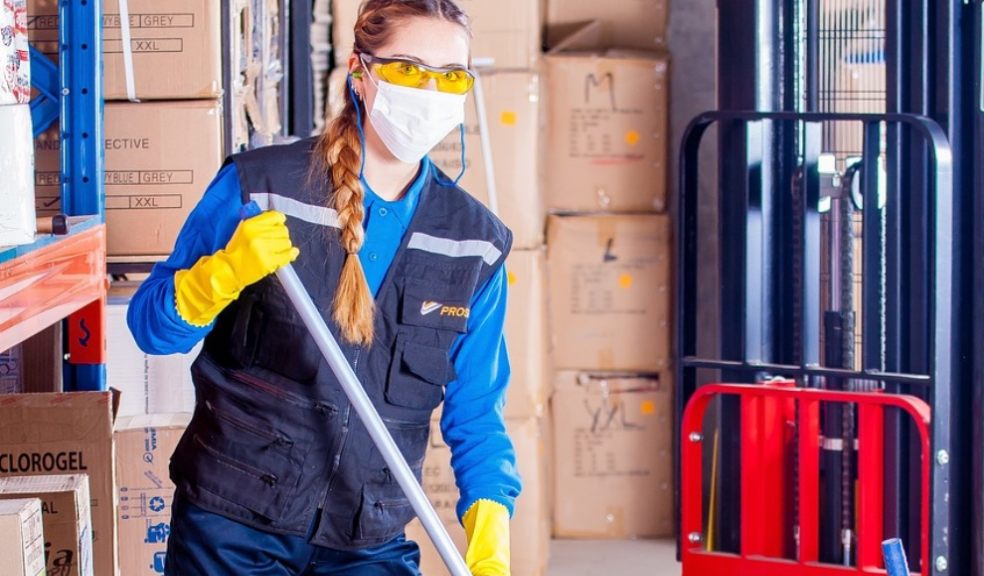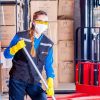
Best Practices for Handling Hazardous Materials
If you find yourself in a situation where you have to handle hazardous materials, either at work or in a personal situation, your priority is obviously going to be making sure that you do so safely. These materials can come with all kinds of warnings as to what their effects on you might be should they make contact with your skin, eyes, or mouth, but the variation of these effects could make you unsure about which blanket measures to take.
Having a reliable safety routine that you can depend on can help you handle these materials safely while also giving you the confidence that you need to go about your business.
Protective Gear
With all of the warnings about the potential dangers of these materials making contact with your body, you're likely going to prioritize dressing appropriately. Right away this is going to lead you to goggles and gloves – protecting arguably your most vulnerable area while letting you use your hands without fear of them becoming damaged. Next, though, you might also consider a mask – to both prevent yourself from breathing in more fumes than you need to, and to prevent these materials from accidentally entering your mouth. In extreme cases, such as in some industrial scenarios, you might also find that you need a hazmat suit that can cover your whole body – usually being made of a synthetic material that the hazardous agent can be washed off of easily.
Storing Them Safely
For a lot of people, though, it's not just about picking them up and putting them back down – they're an everyday aspect of work or life. That means that you need to be able to store your hazardous materials correctly. In professional situations, you might consider COSHH storage as a way of keeping these materials secure. This can also help your workplace to be properly equipped in the event that you need to take on more than you previously expected.
In personal or home situations, you might be concerned about members of your family members accessing everyday hazardous materials like bleach. Many of these have child-locks on them for this very reason, but it might be worth using a cupboard that is out of reach if you're especially worried.
Wash Thoroughly
Even when you feel you have taken every precaution you possibly can while handling these hazardous materials, you might have made contact in an area you didn't notice. Therefore, it's good practice to wash yourself thoroughly after handling them. The magnitude of this wash might vary based on the severity of the hazard and the scale of the interaction, but it's important just to know how thoroughly to wash your hands so that you can go about your business without worrying about if you're going to accidentally get bleach somewhere it shouldn't be. In professional situations, though, thoroughly understanding how to wash effectively can allow you to share this information effectively with your relevant employees to prioritise health and safety.














